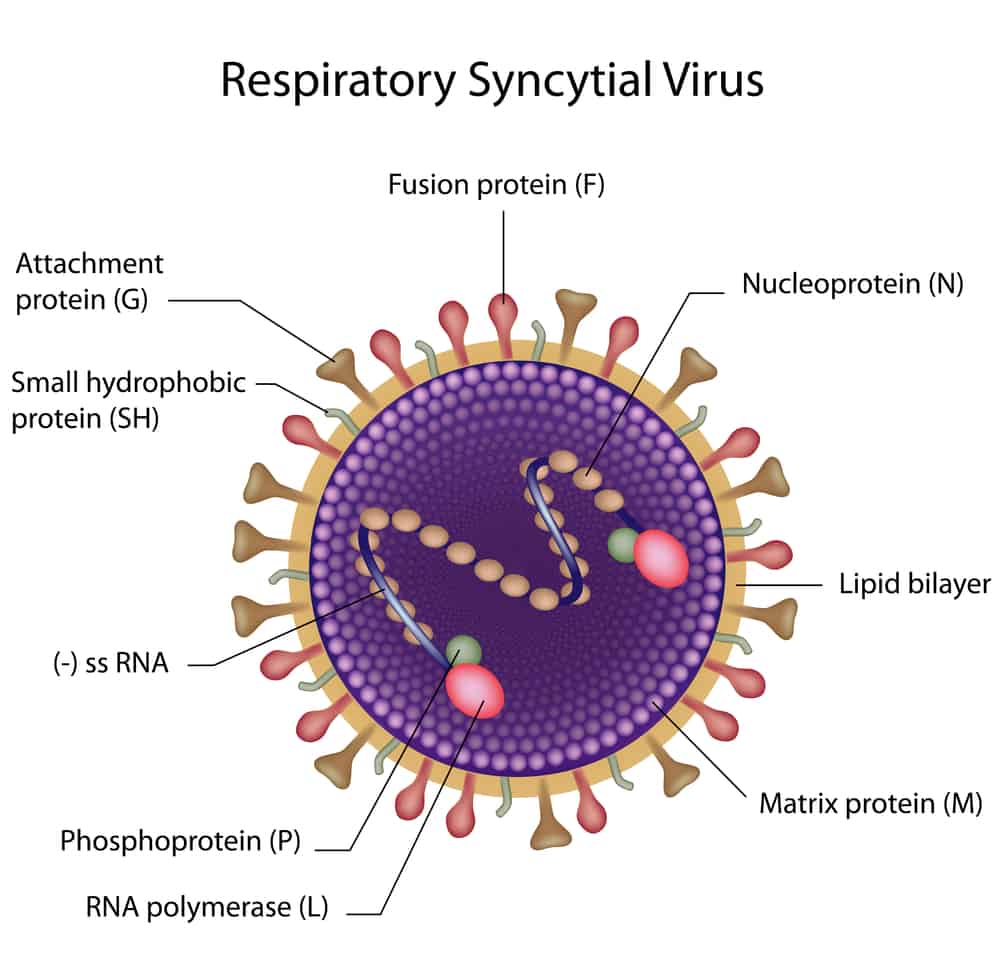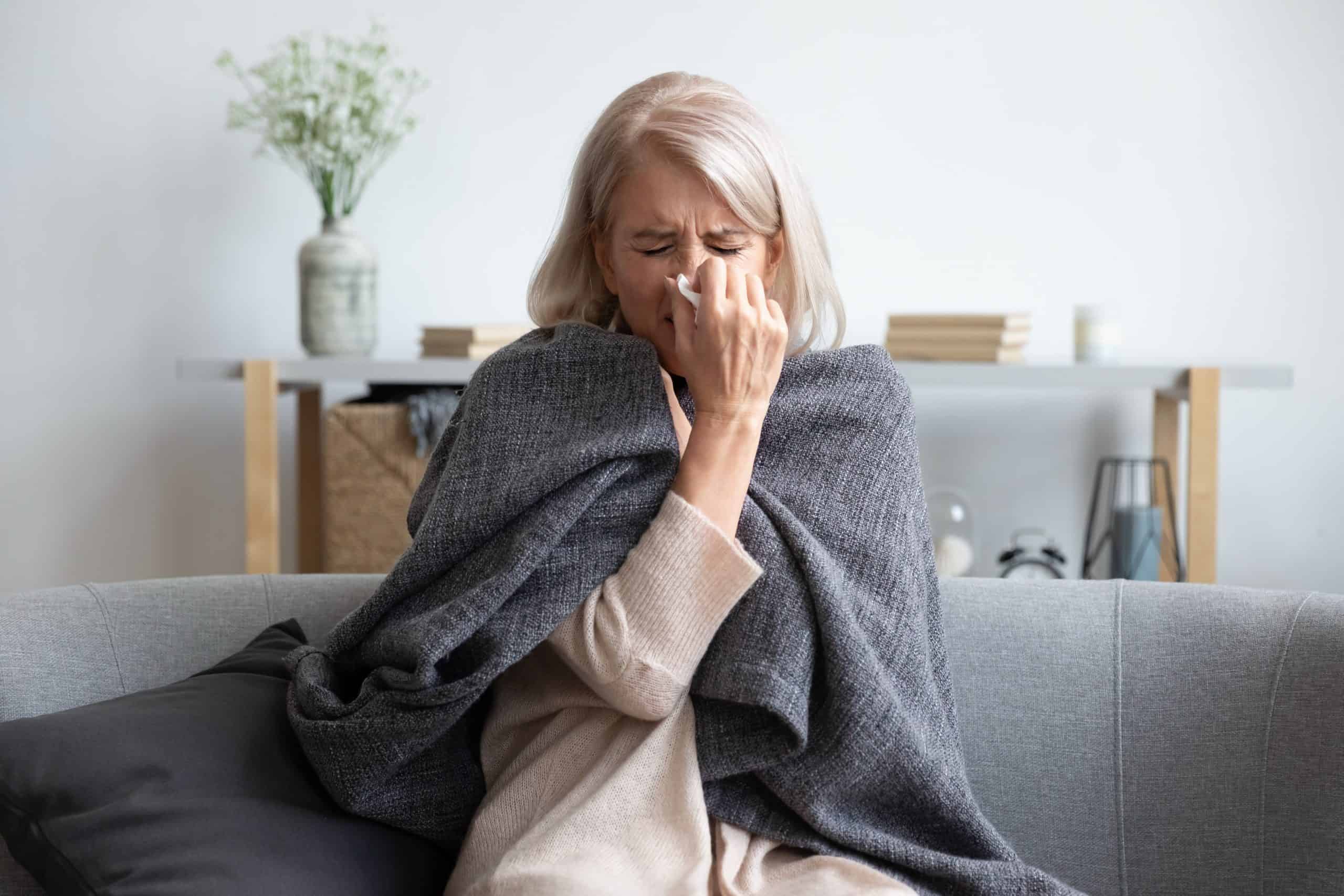You may have seen in the news earlier this year that infections due to RSV (Respiratory Syncytial Virus) have been on the increase.
Queensland Health announced that there was nearly a fourfold increase in RSV in Greater Brisbane in 2021 compared to last year, and issued a reminder to Queenslanders to help limit the spread by following good hygiene practices.
RSV is a virus that affects the lungs and respiratory tract and, although it can occur at any age, the illness tends to be most severe in the very young (less than 12 months of age) and the elderly (those over the age of 65 years of age). In older children and healthy adults most symptoms of RSV tend to be fairly mild and similar to the common cold. These include symptoms such as: runny nose, dry cough, fever, sore throat, headaches and sneezing.
But in children under 5 years of age, RSV is the single largest cause of hospitalisation and most children will have been infected with RSV by the age of 2. Hospitalisation is usually due to bronchiolitis (a common chest infection in young children, caused by a viral infection of the lungs), exacerbations of asthma and pneumonia. Most however experience mild symptoms as outlined above.

In the elderly however the risk of more severe illness is much greater. This is due to a weakening in the immune system as we get older (called immunosenescence).
Severe infection can lead to complications like pneumonia, worsening of asthma and also worsening of chronic obstructive pulmonary disease (COPD, emphysema, chronic bronchitis) as well as heart failure. Up to 1 in 6 older adults infected with RSV will require hospitalisation. It is estimated that RSV is responsible for around 360,000 hospitalisations and 24,000 deaths in older adults worldwide in developed countries.
RSV tends to circulate during the cooler months (March to September in Australia) and when influenza is also in circulation. Unlike influenza, there is currently no vaccine for RSV. Also unlike other viruses, once you have had RSV you do not develop immunity to RSV. This means that after having RSV, you can be unlucky enough to acquire it again, even in the same season.

Treatment in the older population at present is currently aimed at treating the symptoms and any potential complications. This includes measures such as paracetamol/ibuprofen for fevers, fluids and other treatments if required (such as antibiotics if you develop a bacterial infection, oxygen, medications to treat asthma).
Prevention is the best measure we have to protect ourselves. This includes good hygiene: regular hand washing, covering your mouth when coughing or sneezing, avoiding close contact with those who are unwell and staying home if you are unwell. As mentioned earlier there is currently no vaccine for RSV.
Here at AusTrials we are studying a potential new vaccine for the elderly in preventing RSV. The study involves a vaccine and close monitoring of patients over the following 2 RSV seasons for potential RSV infection. The hope is that this vaccine will be effective in preventing the incidence of RSV in this age group.

